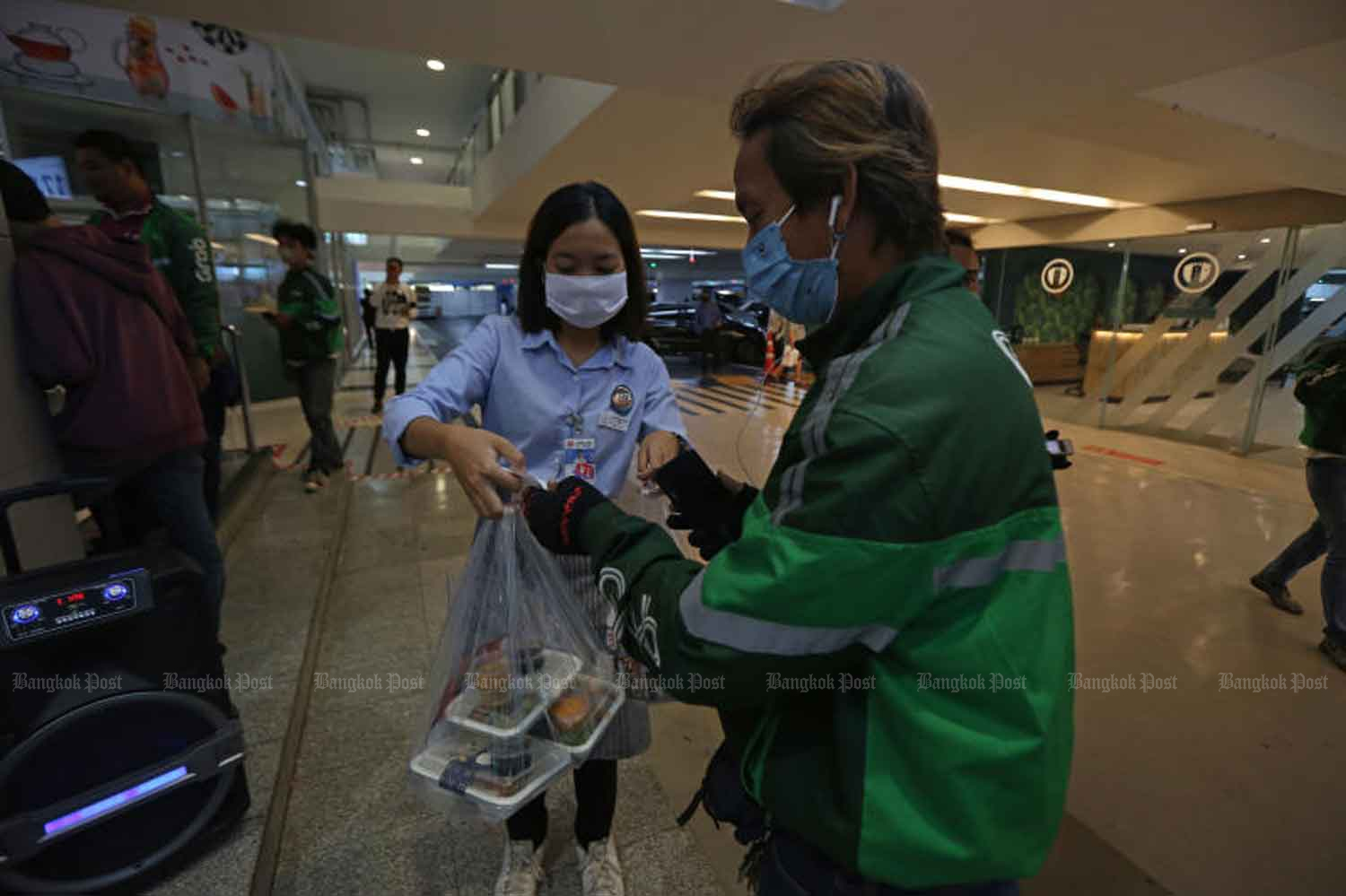
Over the past year, Thais have become more aware of the impact of single-use plastics on the environment and joined hands to reduce its consumption. But as the country has been hit by the spread of Covid-19, forcing people to spend more time at home, the amount of plastic waste generated has surged by 15%.
Despite this, individuals and households alike can still play their part in helping the environment by adopting better rubbish awareness.
The Natural Resources and Environment Ministry and Thailand Responsible Business Network (TRBN) have launched a project, Song Plastic Klap Ban (Send plastic back home) to help manage the rise in household waste generated by stay-at-home measures.
Natural Resources and Environment Minister, Varawut Silpa-archa, said the project is meant to engage households in an effort to reduce the consumption of single-use plastics.
In the first phase of implementation, a public campaign will encourage people to separate infectious waste from recyclables and general household waste, said the minister.
In the second phase, which will begin next month and run until June, stores and supermarkets along Sukhumvit Road such as the On Nut branch of Tesco Lotus and the Gourmet Market branch inside the EmQuartier mall will serve as drop-off locations for plastic waste that will later be transported to a waste hub for recycling and upcycling.
"We hope to expand this model of recalling plastic waste to cover other roads and welcome more partners to join us in the future," the minister added.
As the majority of people are staying at home, the volume of household waste -- particularly plastic waste -- has risen by 15%, following a three-fold increase in food-delivery services, according to the Pollution Control Department.
"The ministry is urging consumers and business operators to use plastic more sparingly and separate recyclable waste from other types of waste before disposing of it," Mr Varawut said.
Food waste and used face masks should be separated from other types of waste before being dumped.
The amount of contaminated medical waste in Bangkok has increased substantially and sometimes exceeds more than one tonne per day, said city clerk Silapa-suay Rawisaengsun.
The Bangkok Metropolitan Administration (BMA) has told the Centre for Covid-19 Situation Administration about the rising amounts of waste.
It has been found that disposal of used face masks is among the biggest culprits for the rise, she said.
As a result, the BMA is introducing the use of red rubbish bins to dispose of used face masks, she added.
The red bins have been placed in 50 district offices, 69 BMA health service centres, 11 hospitals under the BMA's jurisdiction and the two offices of the BMA.
The red bins bear a clear sign saying "face masks only", she said, before adding this would also make it more convenient and safer for waste pickers.
The BMA has told the agencies of the need to provide sufficient Covid-19 protective equipment to every waste sorter to ensure his or her safety when handling household waste that now includes infectious waste such as used face masks, she said.
Everyone is encouraged to help by separating used face masks from other types of waste by at least putting them in a separate bag with the "face mask" label instead of dropping it in a rubbish bin, especially if it's inconvenient to find the red bin nearby.
Earlier this week, the Thailand Environment Institute (TEI) revealed the volume of household waste associated with the growing popularity of food delivery services in this stay-at-home period rose by 15% to 6,300 tonnes a day nationwide.
Thailand normally produces about 1,500 tonnes of waste a day, said the TEI.